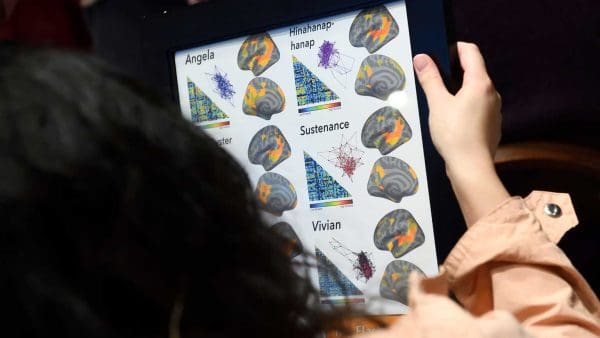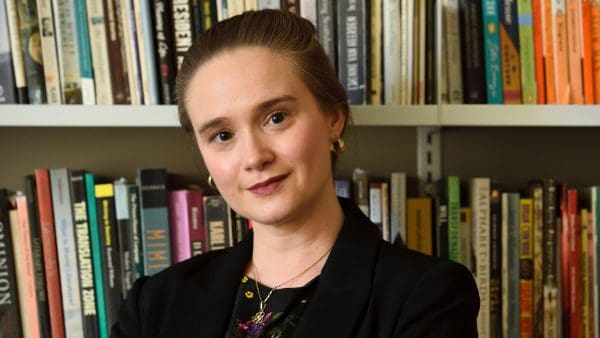
A member of the National Academy of Sciences and the National Academy of Medicine, Huganir received his undergraduate degree in biochemistry from Vassar College in 1975 and his PhD in biochemistry and molecular and cell biology from Cornell University in 1982. He served as an assistant professor of molecular and cellular biology at Rockefeller University before joining the Johns Hopkins faculty in 1988. He has been the director of the Solomon H. Snyder Department of Neuroscience since 2006.
In 2015, Huganir was appointed director (alongside co-director Michael Miller, a professor of biomedical engineering) of the Kavli Neuroscience Discovery Institute, designed to promote cooperative research across Johns Hopkins divisions.
Huganir is currently researching the connections between neuroscience and the study of genetics. Through genetic engineering and surgical interventions, for example, his team has been able to observe synaptic activity in the brains of living mice.
He is also at the forefront of a collaborative effort to understand a genetic mutation that is a major contributor to intellectual disability. Mutations in the SynGAP protein, which Huganir discovered in 1998, alter a neuron’s ability to transmit signals across the synapse and cause intellectual disability. Malfunctioning synapses have also been linked to autism, schizophrenia, bipolar disorder, and Alzheimer’s disease.

Since the first confirmation of an exoplanet in 1995, scientists have identified more than 3,700 orbiting around sun-like stars outside our solar system, ranging from gas giants and super-earths to terrestrial-sized planets.
Sing first began studying exoplanets as a postdoc at the University of Arizona and then continued at the Institut d’Astrophysique de Paris. In 2010, he joined the University of Exeter, where he became an associate professor of astrophysics.
Using advanced telescopes to observe these orbiting planets, he and colleagues have detected features such as haze and stratospheres, and atmospheric compounds including sodium, potassium, water, helium, and hot hydrogen gas.
The Hubble telescope has been particularly critical to Sing’s research and aided in his landmark 2015 comparative study of “hot Jupiters” across 10 different solar systems. He now heads up the largest Hubble research program on exoplanets.
Sing received his bachelor’s and doctoral degrees in physics from the University of Arizona. At the time, he was already connected to Johns Hopkins, using its FUSE satellite for his PhD thesis on binary star systems.




